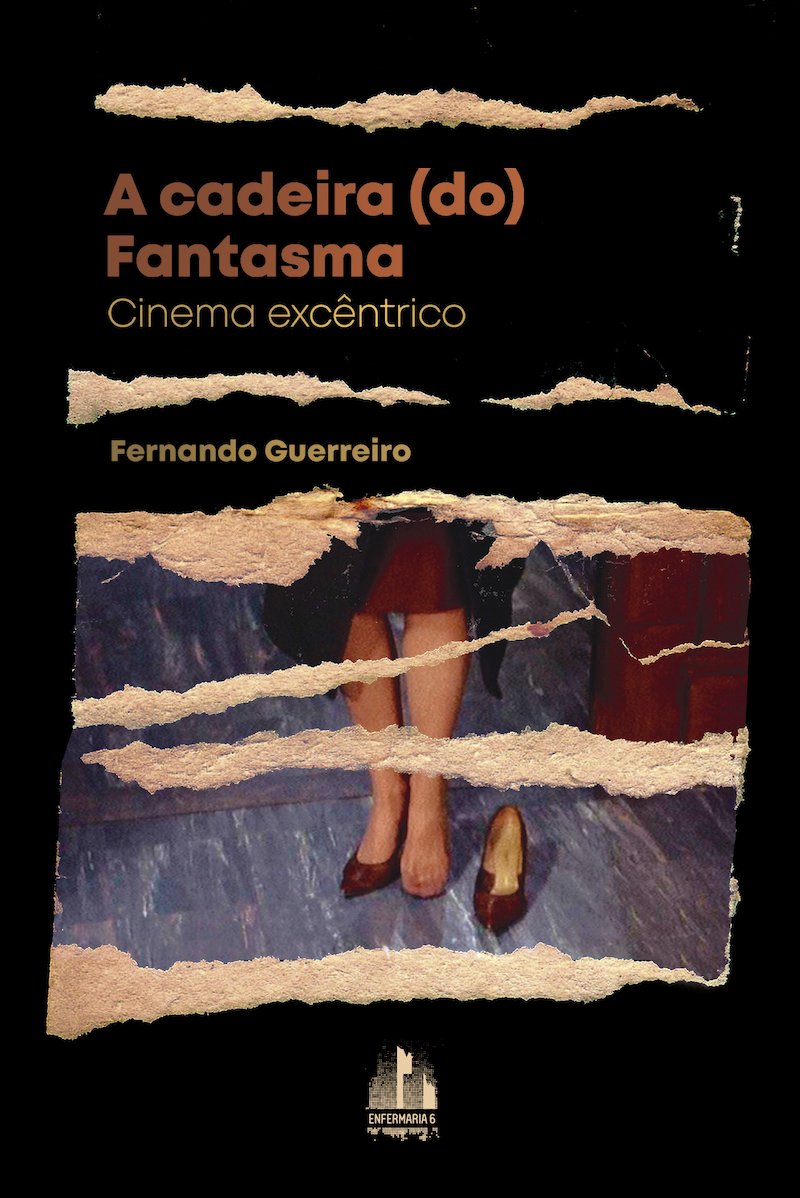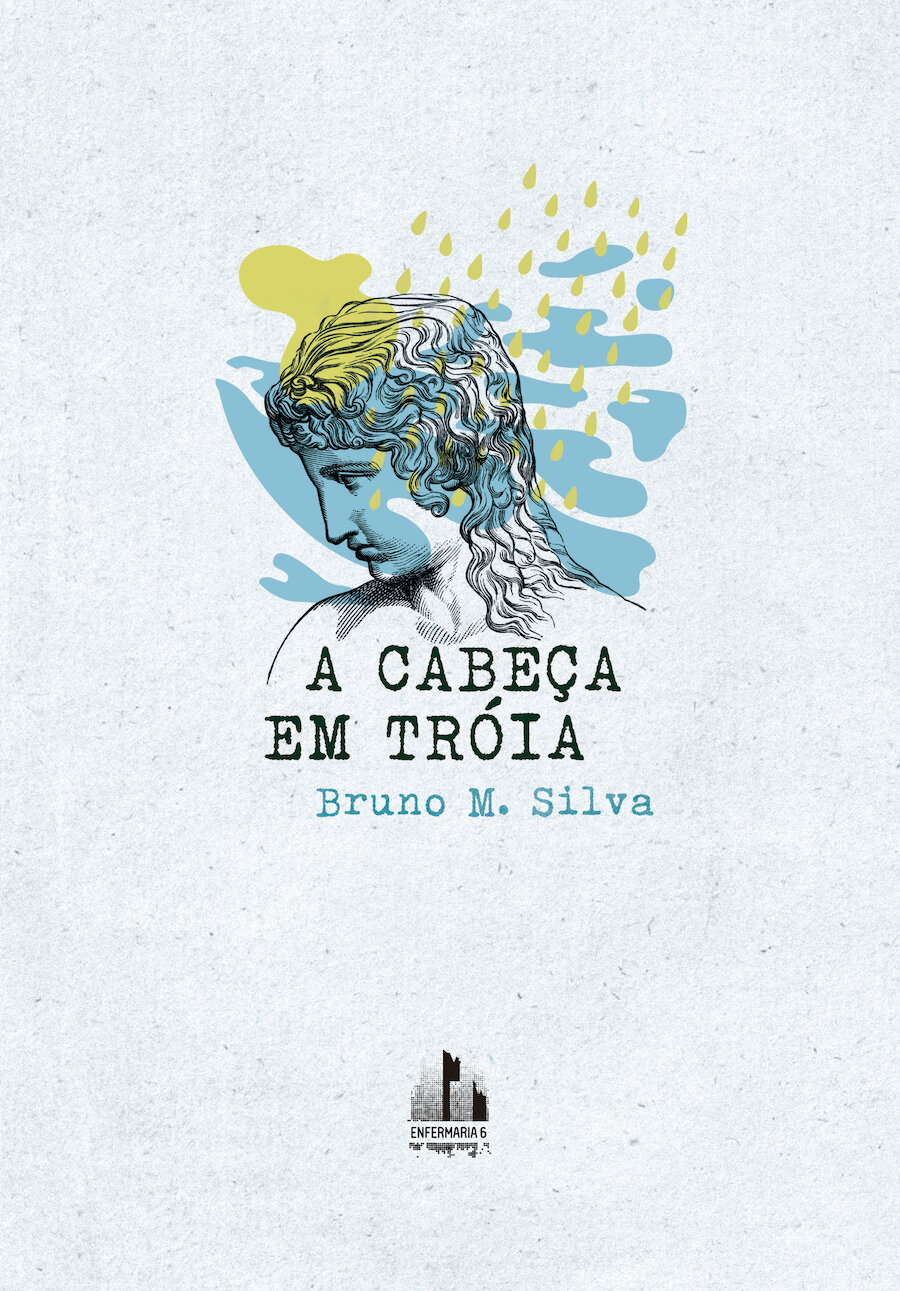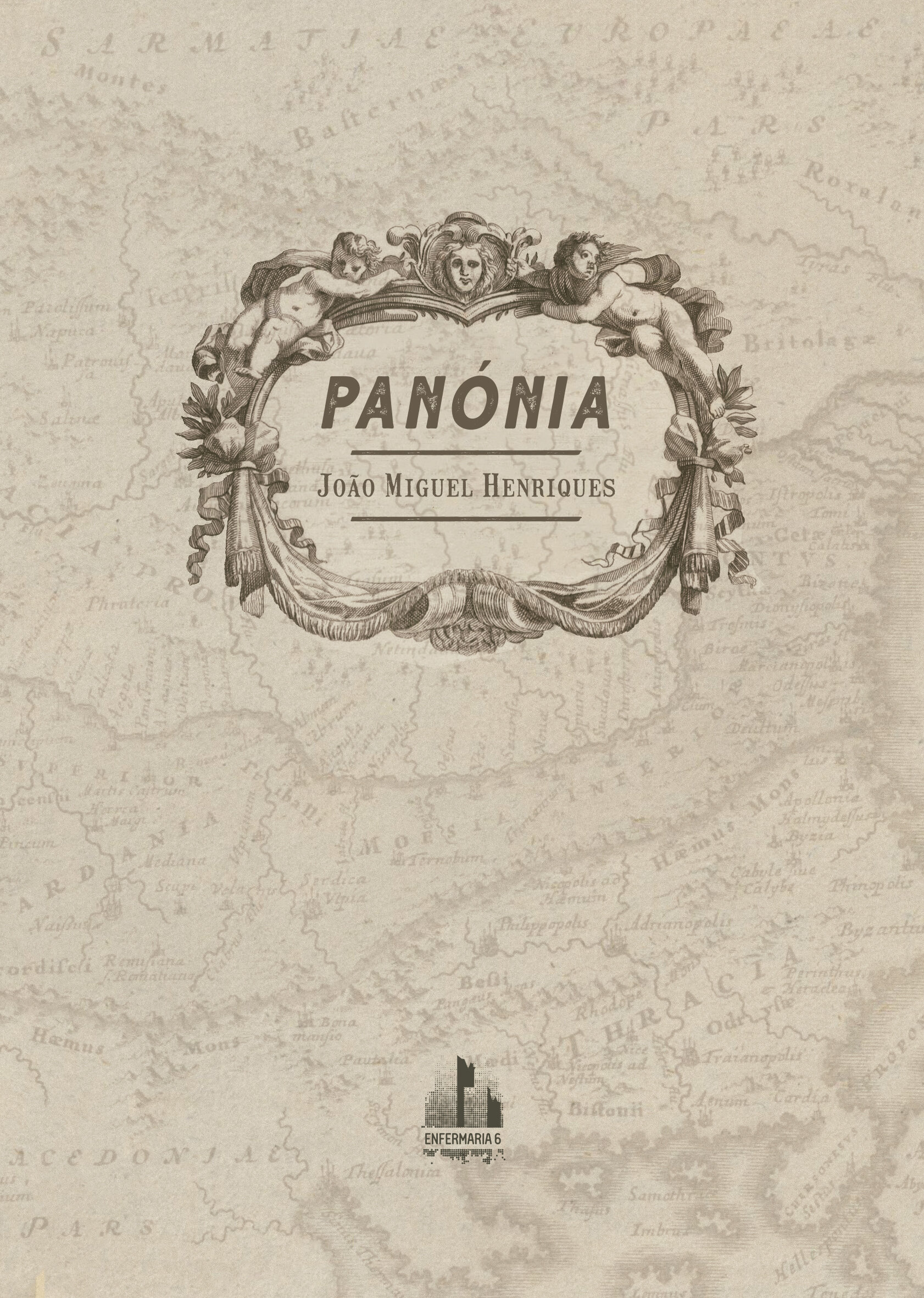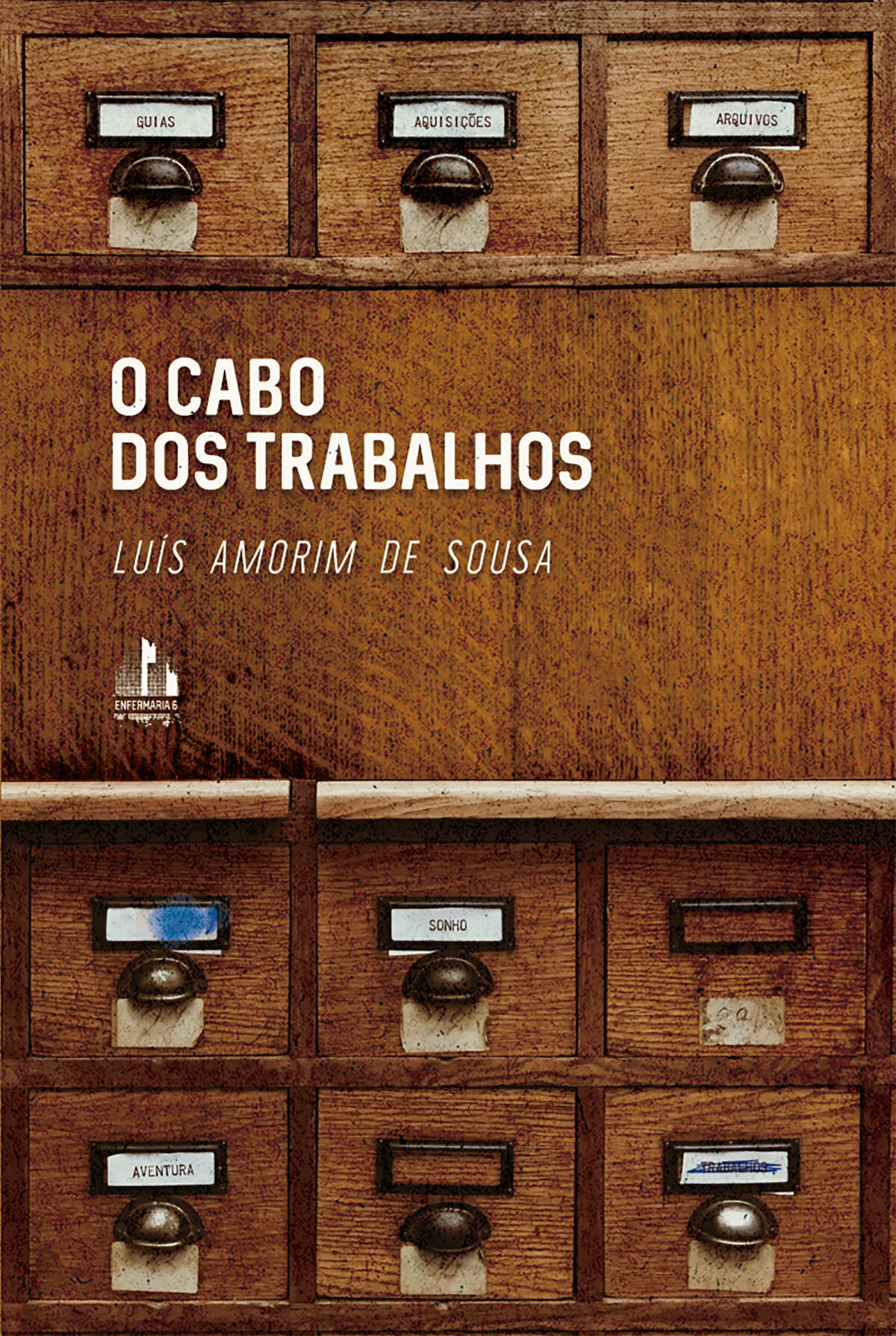D. J. Enright, O Quaga
/tradução de José Pedro Moreira
A meio do século já só havia dois quagas,
e um dos dois era macho.
Os deveres do ofício pesavam sobre ele.
Quando se é o único macho da espécie
não é fácil levar uma vida normal.
Os bodes petiscavam e arrotavam em banal satisfação;
Corriam e deslizavam para cima e para baixo da sua montanha de cimento.
Um poderia cortar a garganta em vidro partido,
Outro vaguear demasiado perto da jaula dos tigres.
Mas eram maridos zelosos; e o recinto estava sempre apinhado,
O seu ar rançoso a pulsar com vozes simples.
O quaga, no entanto, era um homem marcado pelo destino.
A sua mulher, que ele conhecera em idade algo tardia,
Preferia dormir, ou queixar-se da comida e do tempo,
Pois o seu pequeno jardim era menos do que paradisíaco,
Com um sol artificial que ora queimava ora os regelava,
E a eterna presença de entendidos com câmaras,
Para perpetuar o único quaga macho no mundo.
Talvez seja por isso que fracassou em tratar do serviço;
Está tudo muito bem para bodes e macacos –
Mas o último macho de uma espécie está sujeito a pressões específicas,
Se o Satã de tempos antigos tivesse vindo a rastejar, talvez…
Mas em vez dele os entendidos, com câmaras e cadernos,
A escrever histórias tristes sobre a decadência dos quagas.
Até que uma tarde quente ele começou a armar uma confusão.
Este jovem quaga zangado escoiceou as grades e partiu uma câmara;
Tentou até morder o tratador incrédulo.
Protestou alto e em bom som contra isto e aquilo,
Até os outros animais ficarem bastante embaraçados,
Pois ele parecia que lhes estava a chamar nomes.
Então reparou na sua mulher, desperta pelo barulho,
E sentiu uma curiosa sensação a estremecer-lhe o ventre.
Ele era Adão: ali estava Eva.
Ao galopar até ela, a cabeça lançada para trás,
Tropeçou, e partiu uma pata, e teve de ser abatido.
The Quagga
By mid-century there were two quaggas left,
And one of the two was male.
The cares of office weighed heavily on him.
When you are the only male of a species,
It is not easy to lead a normal sort of life.
The goats nibbled and belched in casual content;
They charged and skidded up and down their concrete mountain.
One might cut his throat on broken glass,
Another stray too near the tigers.
But they were zealous husbands; and the enclosure was always full,
Its rank air throbbing with ingenuous voices.
The quagga, however, was a man of destiny.
His wife, whom he had met rather late in her life,
Preferred to sleep, or complain of the food and the weather,
For their little garden was less than paradisiac,
With its artificial sun that either scorched or left you cold,
And savants with cameras eternally hanging around,
To perpetuate the only male quagga in the world.
Perhaps that was why he failed to do it himself;
It is all very well for goats and monkeys -
But the last male of a species is subject to peculiar pressures.
If ancient Satan had come slithering in, perhaps…
But instead the savants, with cameras and notebooks,
Writing sad stories of the decadence of quaggas.
And then one sultry afternoon he started raising Cain.
This angry young quagga kicked the bars and broke a camera;
He even tried to bite his astonished keeper.
He protested loud and clear against this and that,
Till the other animals became quite embarrassed
For he seemed to be calling them names.
Then he noticed his wife, awake with the noise,
And a curious feeling quivered round his belly.
He was Adam: there was Eve.
Galloping over to her, his head flung back,
He stumbled, and broke a leg, and had to be shot.
D. J. Enright, Collected Poems 1948-1998












